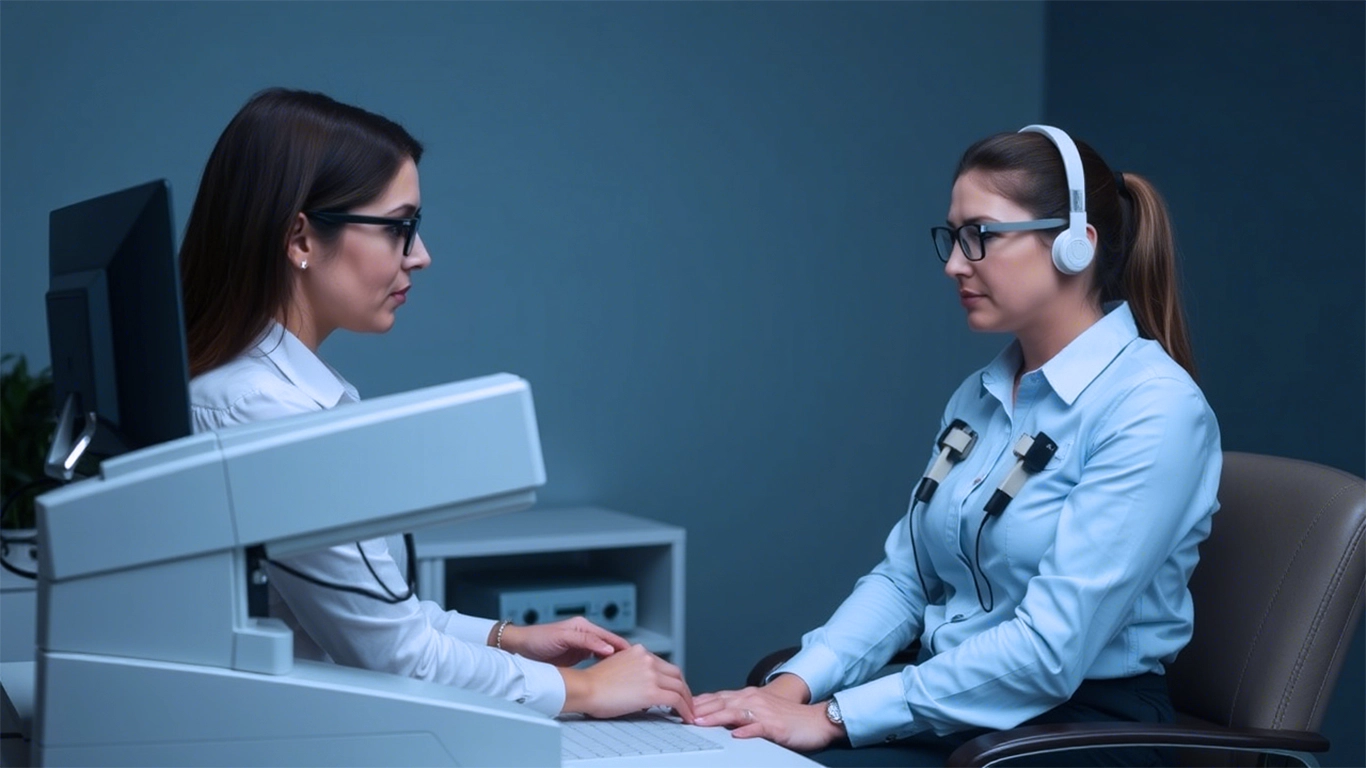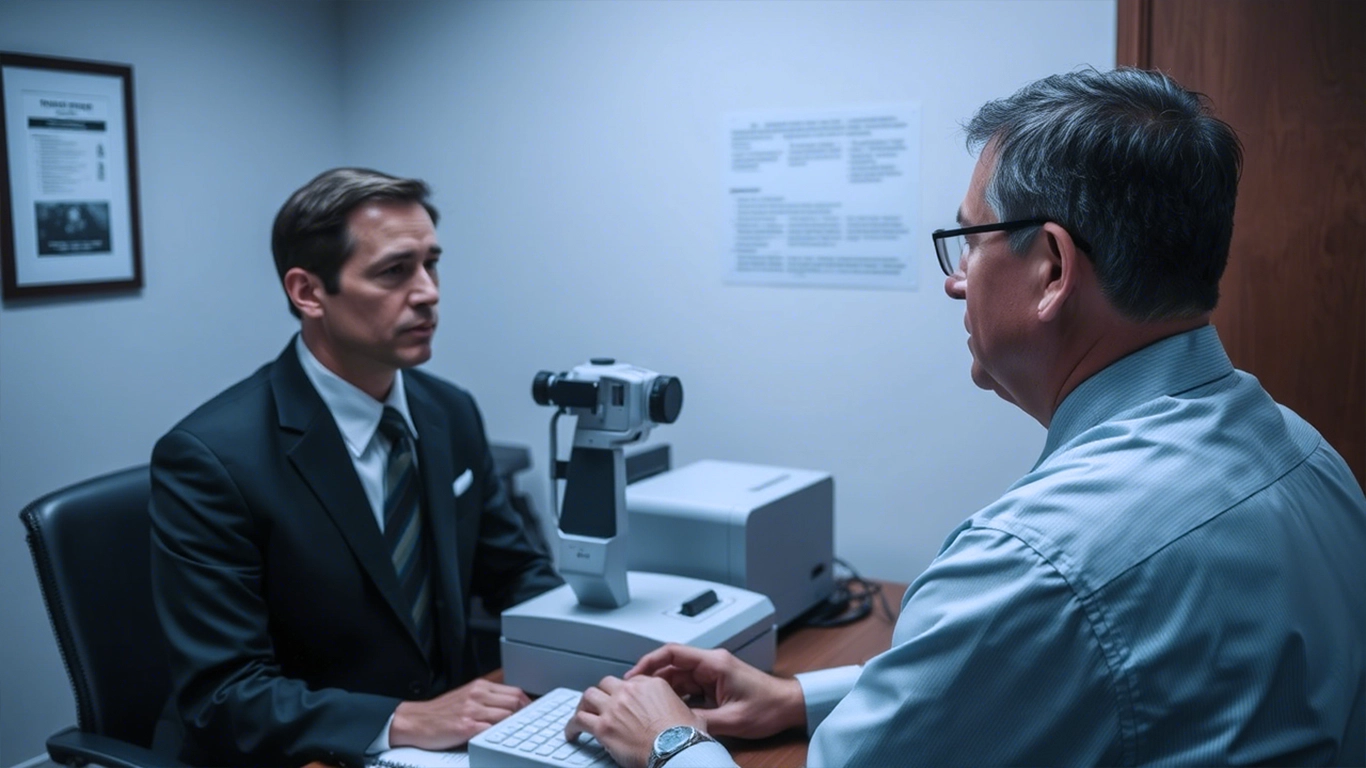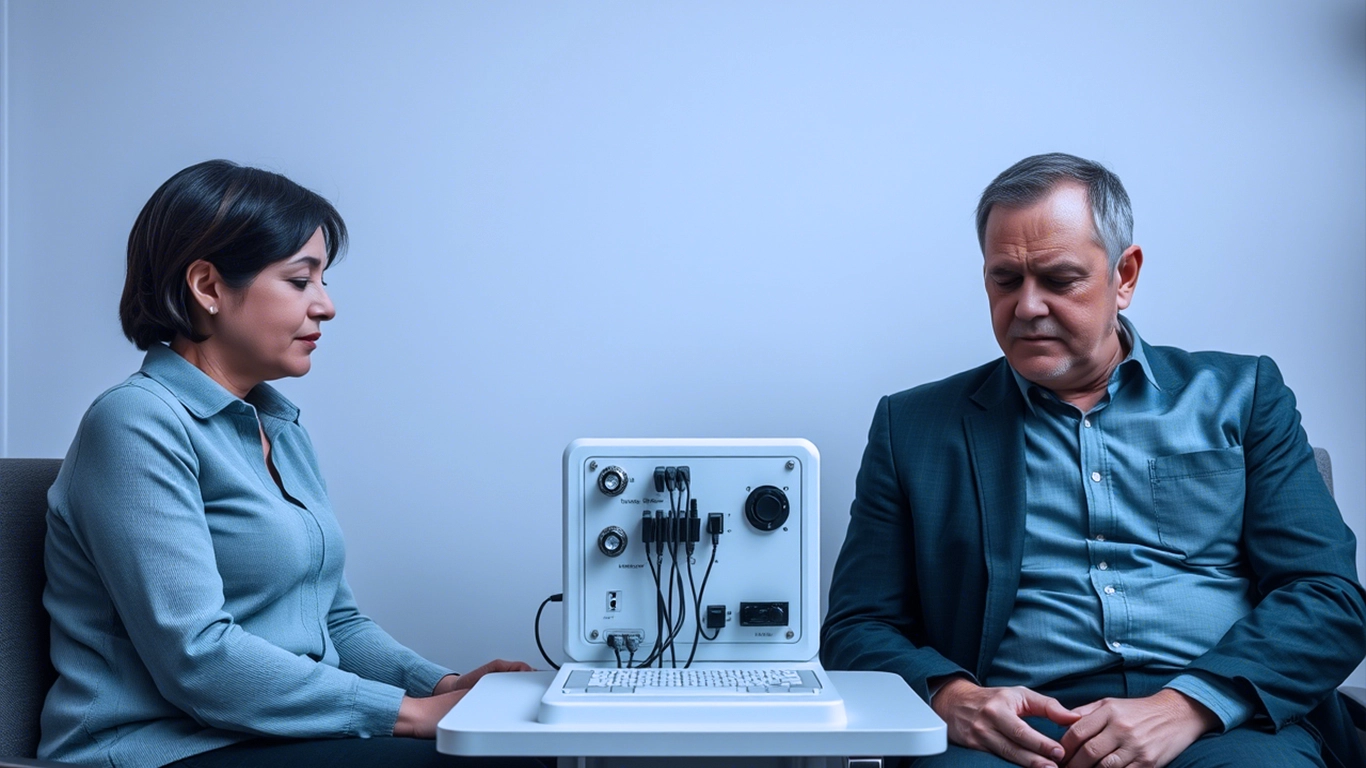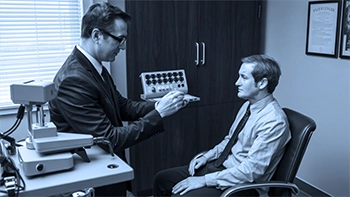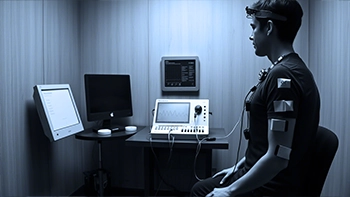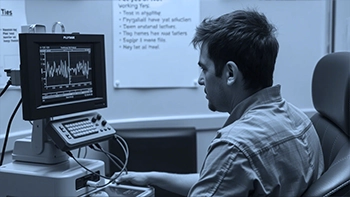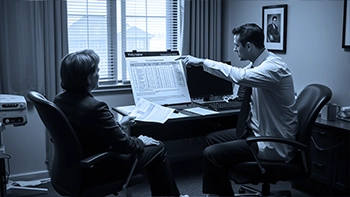Select your language
In a highly competitive and rapidly changing market environment, reliable business partnerships are essential. Utilizing modern verification methods, such as polygraph screening, allows businesses to objectively assess the trustworthiness of potential partners. Lie detector tests help uncover hidden risks, detect signs of dishonesty, and provide a well-founded understanding of the real situation.
Polygraph testing is based on recording physiological responses during answers to specifically designed questions. Specialized equipment monitors changes in pulse, breathing patterns, galvanic skin response, and other indicators. This detailed data analysis allows experts to assess the accuracy of provided information and identify any attempts to conceal critical details. The lie detector serves as a reliable tool for uncovering hidden threats in business partnerships.
Key Stages of Business Partner Screening
Polygraph screening of business partners follows a structured process to ensure high accuracy and objectivity:
- Preparation: Gathering and analyzing preliminary information about the partner company;
- Interview: Conducting a polygraph-based interview;
- Physiological Response Monitoring: Recording reactions to key and control questions;
- Data Analysis: Using a lie detector to detect deviations and inconsistencies;
- Final Report: Providing expert conclusions and recommendations for management.
Advantages of Polygraph Screening for Business Partners
Implementing polygraph screening provides significant benefits for businesses:
- Objective assessment of the accuracy of provided information;
- Timely detection of hidden risks and potential threats;
- Fraud prevention and avoidance of undesirable consequences;
- Strengthening trust between business partners;
- Improved decision-making and minimized financial losses.
Practical Recommendations for Businesses
To effectively implement polygraph testing for business partner screening, companies should consider the following recommendations:
- Conduct regular screenings when entering long-term contracts;
- Engage certified specialists with experience in polygraph testing;
- Integrate polygraph results into corporate risk management strategies;
- Compare polygraph findings with financial and legal data of the partner;
- Use the lie detector to assess responses in critical business situations.
The Role of Polygraph Screening in Business Security
Polygraph screening of business partners is a vital component of corporate security. This process helps identify potential risks related to dishonest partners and allows businesses to take timely preventive measures. The use of a lie detector enables an objective assessment of the actual situation, reducing the likelihood of engaging in partnerships with unreliable entities.
Objective verification empowers company leadership to make data-driven decisions rather than relying on assumptions. This approach fosters a transparent business environment, which is essential for successful partnerships and sustainable business growth.
Future Developments in Polygraph Technology
Advancements in polygraph technology are expected to further improve the accuracy and efficiency of data analysis. New algorithms for physiological data processing, enhanced sensors, and integration with artificial intelligence systems will enable automated screenings. Lie detectors are becoming increasingly effective in identifying hidden threats and ensuring a high level of corporate security.
Integrating these technologies into business partner screening processes enhances trust between companies and reduces financial risks associated with fraudulent partnerships. Regular polygraph testing within corporate control frameworks is becoming an essential element of strategic planning and risk management.
Conclusion
Polygraph screening for business partners is a modern and effective method for objectively assessing counterpart reliability. Polygraph examinations using lie detector technology help identify hidden risks, detect signs of dishonesty, and support well-informed decision-making when selecting business partners. This approach strengthens business relationships, increases trust, and reduces the likelihood of entering agreements with unreliable counterparts.
Comprehensive risk control and regular polygraph screening of business partners ensure company security and stability in a competitive environment. Reliable cooperation, based on objective assessments and transparent processes, fosters sustainable business growth and minimizes financial losses.











